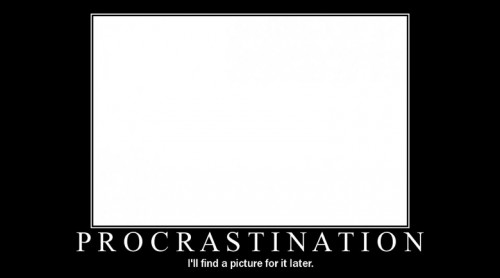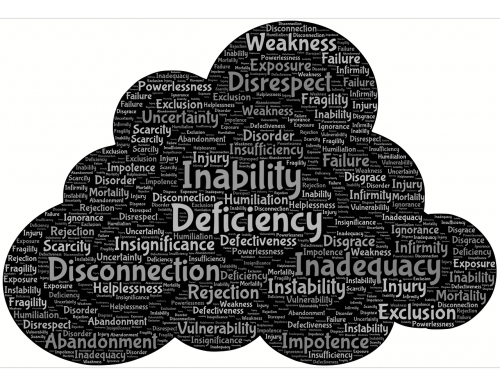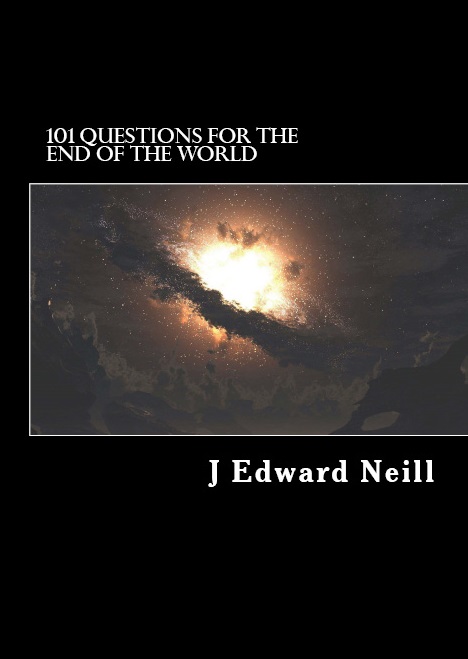Something I’m always amazed by is both how little and how much people pay attention to the worlds that their stories take place in. That both makes sense and totally makes no sense.
What do I mean by that?
You can tell when an author is more in love with her world than with the actual characters propagating it. When they’ve clearly spent hours and hours on the connections of the history of the world rather than getting to the story they want to tell.

In fact, it is the type of thing that can completely paralyze a potential author. Especially if you are a plotter and outline things. In order to have that road map, you might convince yourself the only way to truly understand where things could possibly go is by chasing that rabbit hole all the way back in the timeline. Instead of knowing only your lead characters, you need to know who their parents are and by extension who their grandparents were.
And it doesn’t only happen in the fantasy or science fiction stories, but can be just as much of a problem in stories set during modern times.
The thing is, you need to know a little of this stuff entering into a story, but when you try to do all the extra, one of two things are happening:
You’re procrastinating on doing the actual writing. It’s not that you need to figure out the line of succession for the President of Earth in your world (heck, you might need that information), but by focusing on that type of… stuff, you ensure no progress will be made on the story. Instead of letting people know how far along in the process, you tell them, “I’m still doing research.”

Or, perhaps, it is that you actually do need to have the information, but you don’t know how you are going to apply it to the story you want to tell.
The secret is, the best way to build might not be from having the constellations figured out or trying to figure out what the President had for breakfast two weeks ago.
I like to think of myself as an outliner. I love the idea of calling myself an outliner at least. But what it really means is that I have a very general idea of what the book/comic/story is all about and start jotting something down in order to begin to massage it into something worth bothering with. And slowly, over the course of months sometimes, the thing begins to become… something.
The question I always have to remind myself of is whether or not I’m delaying because of true and honest reasons or because I’d rather be screwing around than doing the hard part (you know, typing the pretty words into the computer). Am I such a slave to having everything in its correct sequence and if that doesn’t happen there is just no point?
No, what you need to do is bring a little Pantsing into your life. You’re too rigid, not willing to see where it all goes. So, start small. Figure out one little thing about the town where your main character is from. Or a couple of the people she is going to interact with.
And then go and write about it.

Remember, it’s fine. And even though you are putting words up on the screen (or in your notebook) that may not always make sense, it’s my opinion that you are allowing your brain to almost subconsciously tell you what you really want to write about.
Every writer has had that moment where certain pieces of a story somehow start to tie together in a way that you never had planned out from the beginning. A thread appears, then another, and then another until you see how it could all fit together. So you go back and add a paragraph four chapters earlier to help grow the thread… until it gets to the point where a potential reader would never even know the difference of what started in the manuscript and what was added latter.
That’s a little of the “magic” of writing.
But behind that is the need to allow yourself to possibly write absolute dreck. Because sometimes who the town’s mayor is actually very important. And sometimes what he had for breakfast could make or break your story.
However, even with all those things being true… these words on the screen can be changed and tweaked and deleted and added and refined until you are happy with them. Write a hundred words you hate. Hit the backspace key and watch your problems disappear.
***
John McGuire
John McGuire is the author of the supernatural thriller The Dark That Follows, the steampunk comic The Gilded Age, and the novella There’s Something About Mac through the Amazon Kindle Worlds program.
His second novel, Hollow Empire, is now complete. The first episode is now FREE!
He also has a short story in the Beyond the Gate anthology, which is free on most platforms!
And has two shorts in the Machina Obscurum – A Collection of Small Shadows anthology! Check it out!
He can also be found at www.johnrmcguire.com.









